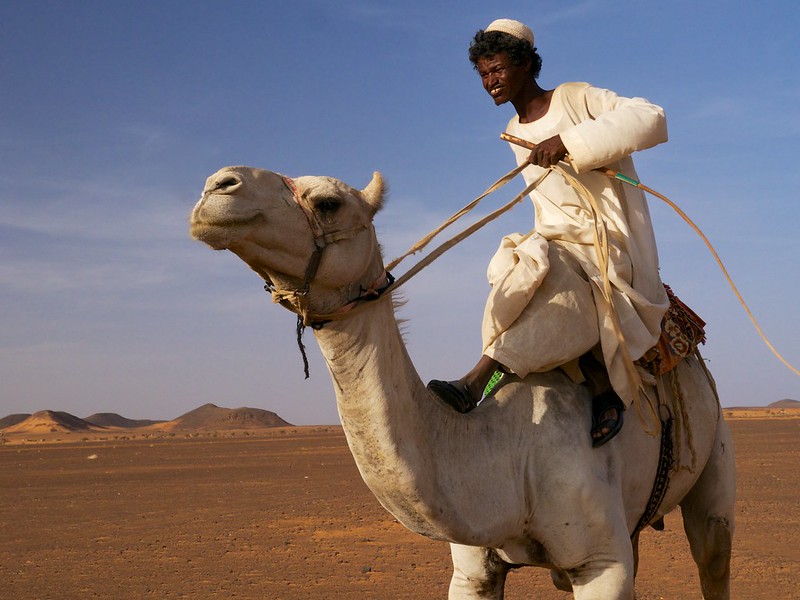Being Poor in Sudan
 Behind being poor in Sudan lies a conflict-ridden history. Sudan has long been a war-torn country, from the early Madhist War to the first and second civil wars and to the more recent ongoing Darfur conflict.
Behind being poor in Sudan lies a conflict-ridden history. Sudan has long been a war-torn country, from the early Madhist War to the first and second civil wars and to the more recent ongoing Darfur conflict.
The second civil war lasted from 1983 to 2005 and despite leading to the subsequent independence of South Sudan in 2011, It resulted in the death of an estimated two million civilians, with disease and famine being the biggest killer.
Meanwhile, since 2003, in the Western Sudanese province of Darfur, conflict continues to rage over the genocide of non-Arab Sudanese citizens. These conflicts, along with unstable and dictatorial leaders, have only perpetuated intense poverty for the majority of the Sudanese population.
Here is what it’s like being poor in Sudan:
Hunger and food insecurity
In Sudan, an estimated 15 million people are currently facing acute hunger, making food insecurity a major concern. Political instability and high rates of inflation are the primary drivers of this crisis, with 95% of Sudanese households spending more than half their income on food. In the last year alone, prices have surged by 137%.
Sudan’s already critical food conditions have further deteriorated due to the pandemic and the war in Ukraine. More than 60% of Sudan’s population lives in rural areas, resulting in an economy heavily reliant on agriculture. However, due to climate insecurity, including droughts and land degradation, as well as inadequate infrastructure, harvest yields have been alarmingly low.
Access to Water and Sanitation
In Sudan, 17.3 million people lack access to basic clean water, putting them at risk of disease. Additionally, only half the schools in Sudan have access to water supply. An estimated 24 million people face limited access to sanitation facilities and nearly half of them have no choice but to defecate in the open, exposing children and others to the risk of disease and death. With water becoming an increasingly hard-to-reach resource, women and children are consistently risking their lives to gather water from remote sources.
Unemployment
Sudan’s unemployment rate has been on the rise over the past few years. Between 2019 and 2020, the rate increased from 17.65% to 19.65% and continued to climb, albeit at a slower pace, in 2021. Meanwhile, the youth unemployment rate over the past decade has remained between 80% to 90%. According to economist Hafiz Ismail, the reason for this is the lack of economic growth in the country, with various federal policies behind this.
Kids for Kids: the Charity Using Goats for Empowerment
In 2001, while visiting her son, who was working at the British Embassy in Sudan, Patricia Parker was moved by the sight of a young boy trekking across the arid desert in Darfur to fetch water for his family. After meeting Ibrahim and his family, Patricia felt moved to fund the installation of a hand pump near their home.
From there, Patricia launched a goat-focused initiative that provides families with goats for nutritious milk. And upon maturing, the goats birth offspring that go to other families. Her charity, Kids for Kids, based in the United Kingdom, also lends donkeys, chickens and agricultural tools while training health professionals to strengthen communities.
After 19 years, when Patricia returned to the village, she was delighted to find Ibrahim healthy and with a family of his own. In 2021, Patricia was awarded the Order of the British Empire for her diligent work in Darfur, Sudan.
Looking Ahead
The hot climate in Sudan contributes to exacerbating poverty in the country. It presents problems involving water scarcity and agricultural growth, resulting in conflict and wars that impact everyday civilians. Nevertheless, with more charities, like Kids for Kids, turning to Sudan, there is hope for children like Ibrahim to experience better living conditions.
– Genevieve Lewis
Photo: Flickr
